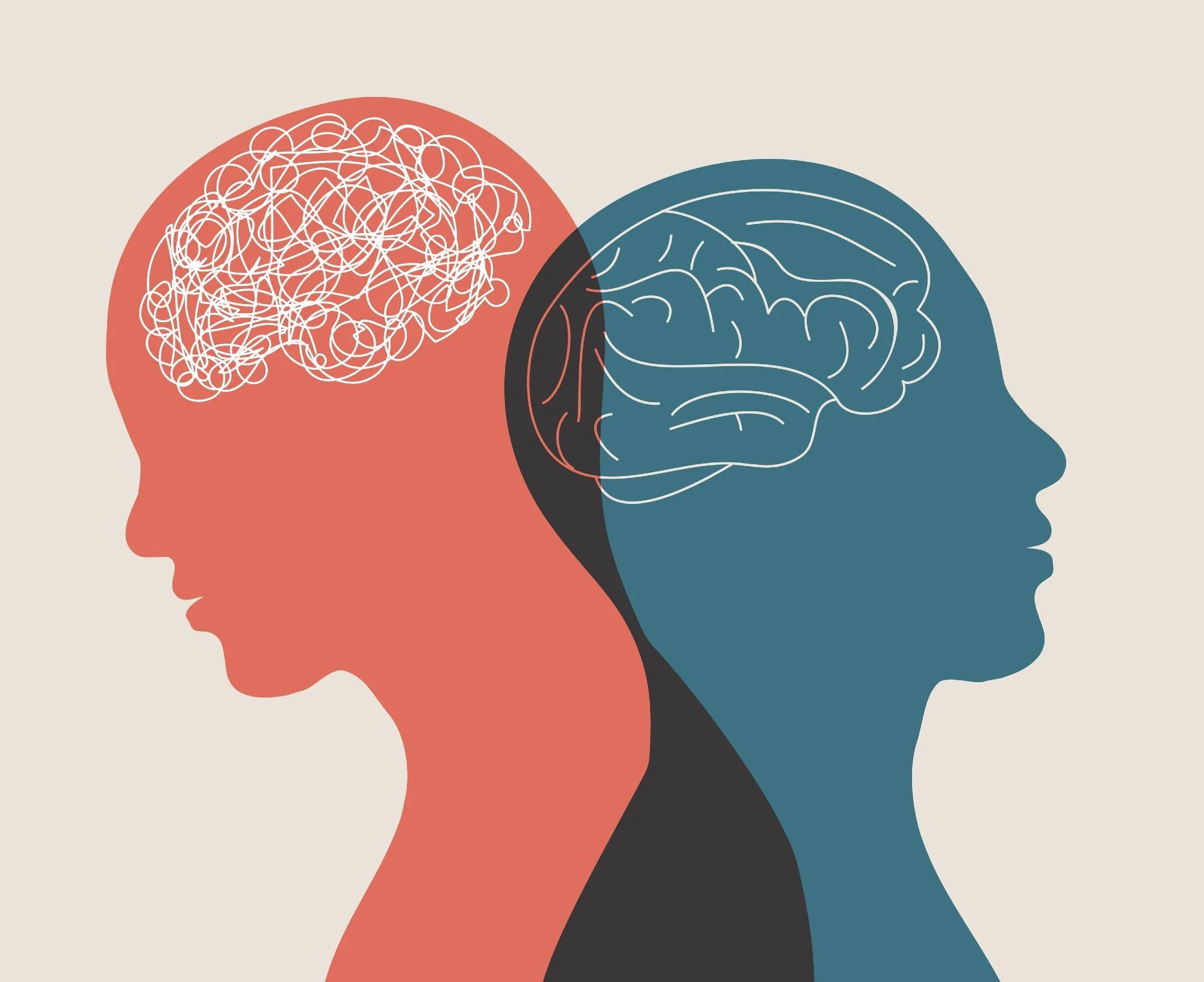Mental Health & NDIS: Addressing the Needs of Individuals with Psychosocial Disabilities

Every year, a substantial number of individuals experience the impact of mental illness. The World Health Organization reveals that approximately 1 in 4 people will encounter a mental health disorder at some point in their lives. In Australia, the National Disability Insurance Scheme (NDIS) has been established to offer assistance to individuals with disabilities. Nevertheless, a lack of awareness frequently surrounds the effect of psychosocial disabilities and how to effectively aid those who are affected by this condition.
This blog post aims to cater to the needs of individuals with psychosocial disabilities and underscore the ways through which the NDIS can enhance their mental health.
1. Understanding Psychosocial Disabilities:
Psychosocial disabilities denote mental conditions that impact an individual’s daily life, encompassing their emotional, social, and psychological well-being. Examples of psychosocial disabilities encompass depression, anxiety, bipolar disorder, schizophrenia, and post-traumatic stress disorder (PTSD). These conditions present ongoing challenges to manage, often necessitating continuous support.
2. Utilizing NDIS Support for Individuals with Psychosocial Disabilities:
The NDIS is formulated to offer assistance to individuals with disabilities, extending to those with psychosocial disabilities. The scheme facilitates the allocation of funds to eligible individuals based on their specific requirements. This signifies that individuals with psychosocial disabilities can access funding to aid in managing their condition, including services such as counseling, medication, support groups, and other mental health services.
A fundamental strength of the NDIS lies in its individual-centric approach. This approach tailors support to the distinct needs of individuals with psychosocial disabilities. Moreover, the NDIS empowers individuals to actively participate in managing their condition, allowing them to select the support services that align with their preferences.
3. Challenges in Supporting Individuals with Psychosocial Disabilities:
Despite the NDIS‘s merits, challenges persist in providing adequate support for individuals with psychosocial disabilities. These challenges encompass:
Mental illness stigma: Negative stigma linked to mental illness can lead to a dearth of understanding and support from others.
- Limited service provider access: Some regions lack sufficient mental health service providers, posing difficulties in accessing required care.
- Diagnosis complexity: Mental health conditions can be intricate and challenging to diagnose, potentially impeding individuals from obtaining necessary support.
Conclusion:
In summation, the NDIS plays a pivotal role in supporting individuals with psychosocial disabilities. The scheme delivers personalized support tailored to meet specific needs, while also encouraging proactive involvement in managing their conditions. Despite existing challenges in this sphere, it remains imperative to heighten awareness and advocate for increased support for those grappling with mental illness. By fostering a collaborative effort, we can forge a society that offers enhanced support and understanding to all individuals, irrespective of their mental health conditions.
Book a free Consultation with us today!
Mobile : 1800960068
Email : contactus@iseeksupport.au









